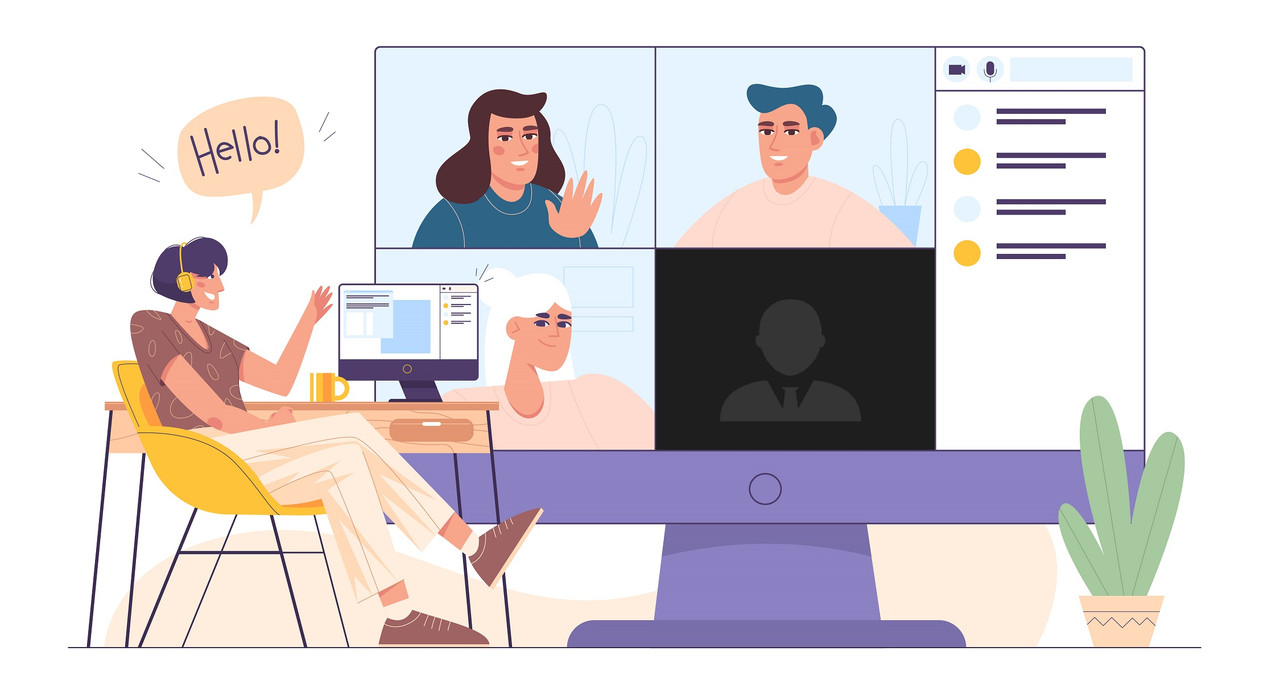Does it matter whether you switch on your camera for work meetings on Zoom?

Please switch on your camera for the zoom meeting later.”
Does this sound familiar to you? Has your boss repeatedly requested for everyone to turn on their cameras for all virtual meetings? Here are some factors to consider before making the “camera-on” policy a mandatory one for the workplace:
1) Intrinsic vs Extrinsic motivation
Motivations are either extrinsic or intrinsic i.e. doing something because you must versus wanting to. When it is extrinsic, employees’ sense of control can be reduced. By compelling employees to turn on their cameras, their motivation becomes extrinsic and it diminishes any intrinsic motivation to do the right thing or want to present themselves to their co-workers. Leaders should therefore strive to encourage employees to be intrinsically motivated and refrain from using unnecessary extrinsic constraints such as having a camera-on policy which may be seen as a threat to autonomy. Such a policy may lead to behaviors such as taking long meeting breaks or multitasking during Zoom meetings which would lead to lower engagement.
2) Is a camera-on policy the best way to build camaraderie?
While many leaders believe that having a camera-on policy may help to enhance employee participation, productivity and camaraderie, this could not be further from the truth. Meetings have long been rated as the top annoyance at work by many workers, be it virtual or physical. In order to conduct better meetings, the key is not to do too much. Therefore, virtual meetings are not the best medium to encourage camaraderie amongst your staff– with or without cameras.
3) Reducing difficulty in communicating with colleagues while working from home
The third most cited reason for reduced productivity working from home was the challenge in communicating with colleagues. Non-verbal communication such as body language and facial expressions accounts for more than 50 percent of the information conveyed in face-to-face communication. Therefore, if you are using a black screen or an inanimate headshot to talk to a colleague via zoom, it may make communication even more challenging. Switching on your camera reduces the perceived difference between you and your co-workers and may help ease the transition back to the office, which could be rather important due to the loss of “water-cooler talks” in the physical office. Lastly, many studies have shown that we tend to like something or someone simply because we are repeatedly exposed to it without negative outcomes. Familiar faces at work will be preferred to unfamiliar faces (black screens on zoom).
What do you think of a “camera-on” policy for zoom meetings? How do you think we can encourage better communication amongst co-workers when not everyone is present at the office?


